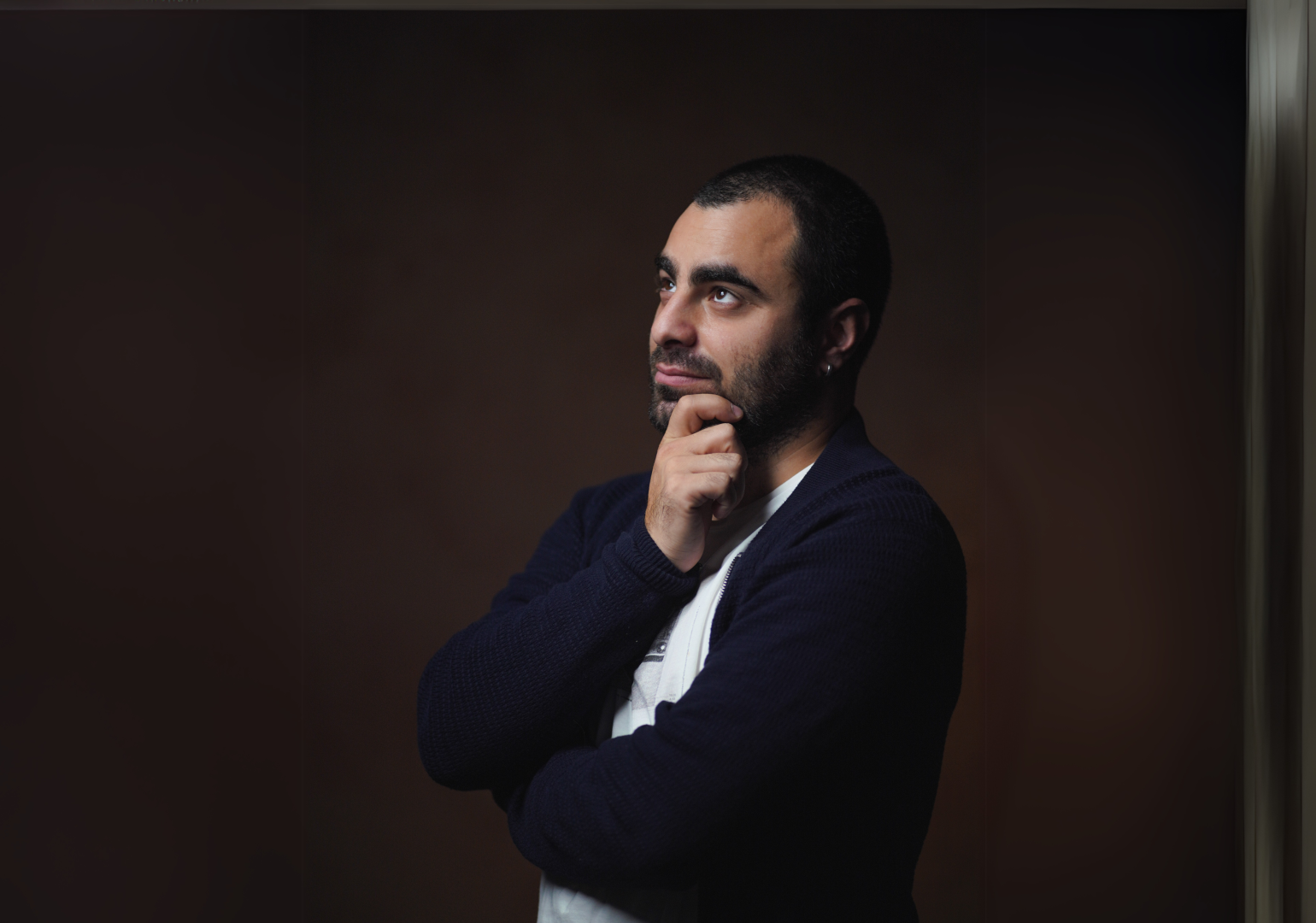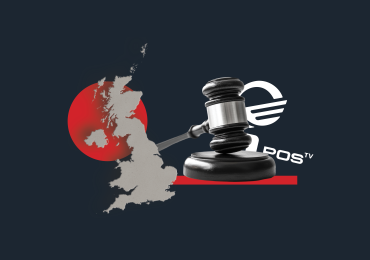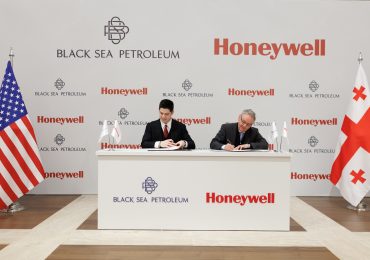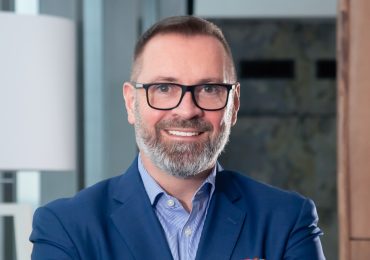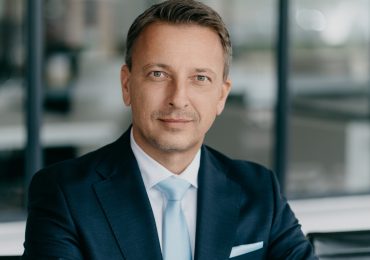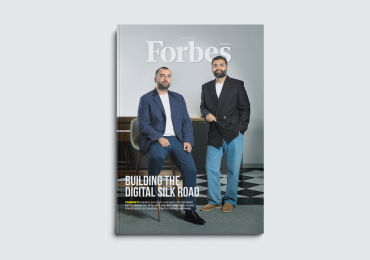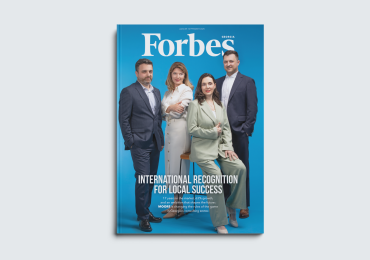Sandro Chubinidze’s experimental mindset has taken him from childhood wanderings to developing materials that can withstand 2,000°C flames. This approach led him to co-found Elven Technologies, a company whose innovations have captured the attention of major global automakers. His philosophy of leading through exploration, not predetermined answers, is reshaping how the world approaches lithium battery safety — proving that the most challenging problems demand the most creative minds.
“Some people teach others, but I still consider myself a student,” Sandro Chubinidze tells me from Estonia, where he’s immersed in his latest experiment. We’re talking the day after a pivotal battery containment test — one that represents eight months of development. After multiple iterations, Elven‘s team successfully created a solution to burn lithium batteries in such a way that neither fire nor heat escaped outside the containment.
“At this moment, we’re the only team in the world creating a product that can completely protect a car, even thermally,” he says, still processing the results. But even setbacks along the way were valuable. “You can’t learn anything new if you always get the same result,” he adds.
This approach — treating every problem like an experiment — defines this 31-year old Georgian entrepreneur. As co-founder and Head of R&D at Elven Technologies, he’s developed materials so advanced that major automakers are taking notice. Not bad for a company that started in a garage. What makes his story unique is that Chubinidze didn’t set out specifically to solve the lithium battery fire problem. He simply kept experimenting until he stumbled onto something valuable.
Elven’s composite is thin, flexible, and can withstand temperatures up to 2,000°C — a combination that’s nearly unheard of in high-temperature materials. This balance of flexibility and extreme thermal resistance challenges the usual trade-offs between thickness, heat tolerance, and mechanical performance. “Elven’s composite exhibits a remarkable combination of properties,” says Dr. Thomas Azwell, Head of UC Berkeley Disaster Lab. “It retains structural integrity at 2,000°C while being only 5mm thick”.
The market for battery safety solutions is 400 times larger than that for traditional firefighting gear, and Elven’s technology could address one of the biggest safety challenges in electric vehicles: containing battery explosions that reach temperatures capable of melting almost anything else. But the impact goes well beyond the automotive sector. Their innovative material can also improve fire resistance in houses, a critical need as fires become more frequent and destructive — as seen in incidents in Los Angeles, where fires have spread from solar-panel-covered roofs to neighboring homes.
The Philosophical Foundation
Chubinidze’s experimental approach started young, influenced by intellectual curiosity and the realities of 1990s Georgia. “I was probably five years old when I started walking alone in the yard, and I became captivated by lighting fires,” he says. This was during Georgia’s difficult transition period, when power outages were common and lighting fires became a neighborhood ritual that brought light to otherwise dark times.
Even as a child, his experiments transcended mere play; they were naturally systematic. “I never allowed myself to immediately accept any idea. I would put a question mark on everything.” This inquisitiveness would prove crucial decades later, but first it led him through an intellectual journey that probably exhausted his friends and teachers. This early wrestling with seemingly inevitable outcomes versus actively creating new possibilities is a recurring theme in his life. It’s the same tension that drives his approach to today’s seemingly impossible technical challenges.
Growing up, Sandro rarely found himself drawn to celebrity or authority figures. But when asked about intellectual inspiration, physicist Richard Feynman comes to mind. “If you listen to any of Richard Feynman’s interviews, he usually talks about very simple things, but the style of thinking he uses is familiar and relatable to me.”
These wanderings led him to medical school, driven by a ‘crazy’ passion for human biology.” By his third year, his reputation as “a scientist” grew, leading him to research. He taught himself programming, studied genetics, and gained rare access to the Georgian human genome — a privilege typically reserved for senior researchers. He vividly recalls saving $180 over four months to buy a single, highly specialized book on aging — the latest publication from the American Gerontological Society. “Aging is the Holy Grail of biology,” he explains. “When you study aging, you don’t just study aging — you study birth, development, genetics, molecular biology. It’s the study of life itself.”
Despite his passion, academic life felt too slow. “I think I was too extroverted for the field of science,” he admits. “The dynamics of the scientific world were much slower and calmer than my inner self.”
The Breakthrough Connection
The shift from medicine to entrepreneurship wasn’t planned. During university, he heard about an unusual lecturer, Vamekh Kherkheulidze, who would become Elven’s CEO. “I went to his lecture, opened the door, and introduced myself: ‘Vamekh, I’m Sandro, I also like inventing things,'” he recalls.
They started small, forming a rare diseases club. When Kherkheulidze suggested starting a company in 2019, it felt inevitable. The pandemic, closing labs in 2020, sealed the deal, ending his genetics research. “I had discovered something better: applied research with immediate real-world impact and unlimited creative freedom.” He calls it finding a calling.
“For the first time, I found people who shared my passions,” he says. “Every topic I enjoyed talking about, they also enjoyed”. This shared passion and unity became a cornerstone of Elven’s culture.
For the complete story: Dive deeper into Elven Technologies’ journey, team dynamics, and the challenges they overcame in our comprehensive company profile: “The Fire is Lit: The Story Behind Elven Technologies’ Breakthrough Materials”
The Creative Laboratory
Elven’s origin story sounds like the startup stories you’ve heard before — except this one actually happened. The team spent six months developing their breakthrough: a firefighter suit twice as light as existing models that could withstand direct fire five times longer.
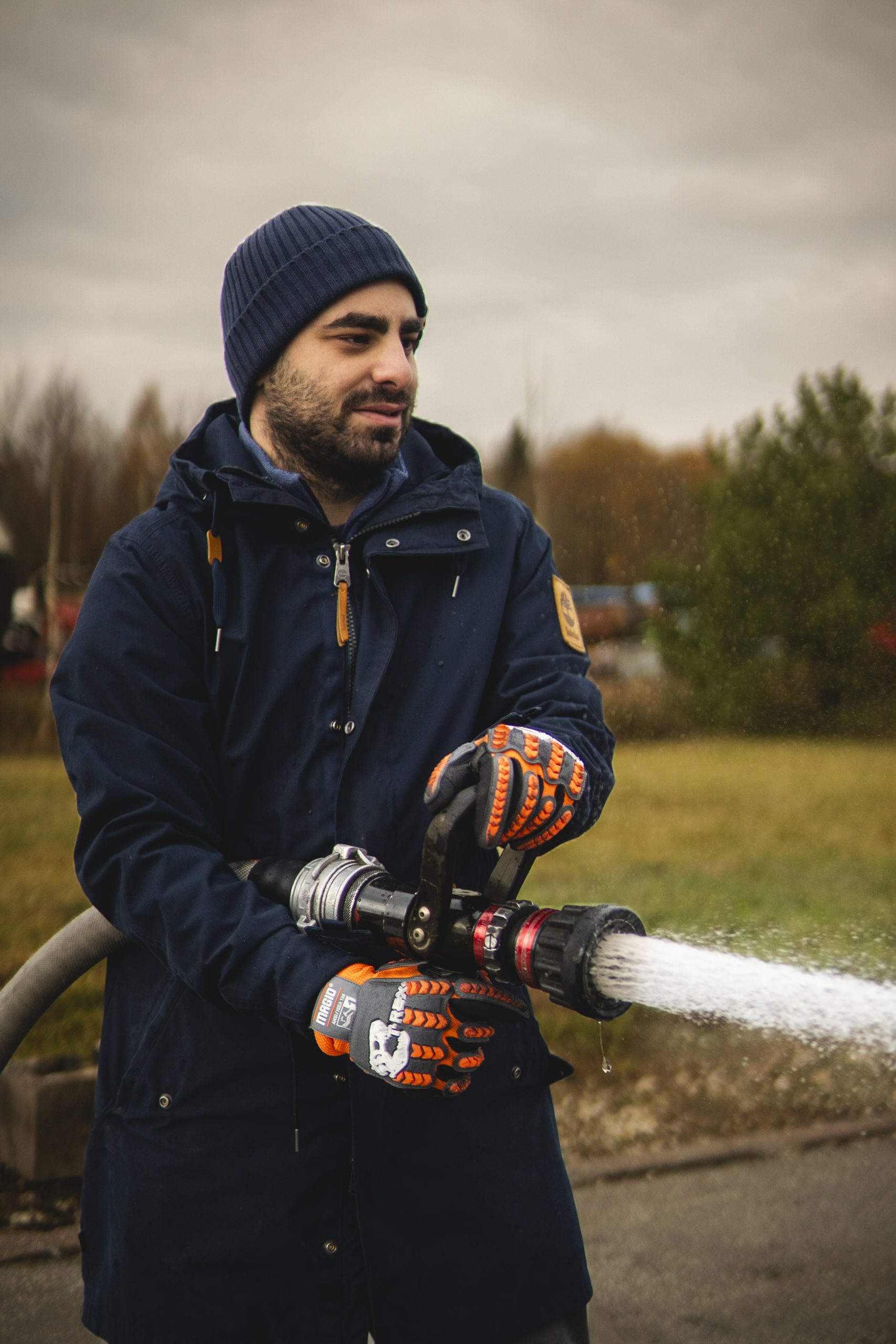
They almost didn’t make it. “There was a day at the beginning of the pandemic when we ran out of money and lost our office but we pushed through,” Chubinidze recalls. “I remember how much trust, hope, and belief I had in what we were doing and in its success.”
Chubinidze’s artistic side is inseparable from his scientific approach. Creative expression has served as both an outlet and an inspiration. “Sometimes in life there are moments when my creative side simply demands an outlet; I get stuck — you have to express yourself, and it doesn’t work any other way.”
During my visit to their Tbilisi office, Sandro Chubinidze showed me his personal art projects — masks that lit up and pulsed with music. He creates these pieces purely for the joy of it, with no audience in mind: the process itself is the reward. It’s no surprise that Elven’s breakthrough didn’t come from a rigid plan but from this open-ended approach.
The office felt like a mix of laboratory, theater, and playground — a place that perfectly captured Chubinidze’s belief that work is an exploration. The space was delightfully chaotic, with work and living blending together. It felt like I was witnessing something important in real time. A mannequin, battered from countless fire tests, stood as proof of their material’s strength.
The Perfect Day Formula
Chubinidze’s ideal day reveals everything that drives him. “My ideal day is when we go and do experiments,” he says without hesitation. “That’s the most interesting, important, fun, and energizing day for me.”
He elaborates, “We’re all together; we go somewhere, travel is involved. We prepare in advance. We follow a big pre-planned process that always has something to add, remove, or change. Mentally, it’s very intense. Everything is set up, and you see the actual results — either it works or it doesn’t. Usually, after that, we’re all very tired. We come back hoping to drink something, relax, and celebrate, but mostly everyone falls asleep immediately.”
It’s a perfect encapsulation of his philosophy: learning as the ultimate goal, and the team as the heart of it all.
Looking Forward
Elven’s journey is gaining momentum. In 2024, they took second place at the Startup Tour and were named Deep Tech Pioneers at the Hello Tomorrow Global Summit. Independent testing by Underwriters Laboratories showed even their weakest materials withstood fire for 40 seconds in intense combustion cycles; their strongest performed through ten full cycles. Chubinidze himself was named to Forbes’ 30 Under 30.
Today, Elven operates from California while preparing for its next adventure. Multiple teams within a major American automaker have identified applications for Elven’s materials, from modifying existing battery containers to integrating fire-resistant materials directly into battery systems. “They suggested: ‘Why don’t we just start all the projects at once in parallel?'”
Looking ahead, Chubinidze envisions Elven as more than a fire safety company. “If we had more time on our hands now, we would definitely create several more technologies — clothing that’s very high-tech, heats, cools, lets you fly or dive. We’d love to create a super suit.” These ambitions are now supported by real technical expertise.
Scaling Up
As Elven prepares for its expansion, Sandro Chubinidze finds himself in what he calls his “maturation” phase. “You can’t be very open to new ideas while carrying too much responsibility,” he reflects. “I feel like some big phase is ending.”
Yet responsibility isn’t a burden for him; it’s an opportunity to tackle bigger challenges and impact more lives. He explains that “responsibility has always been associated with a sense of pride when you take charge of something.” This deep-seated drive stems from personal interest. “Interest is my main motivation when doing anything,” he states, adding, “Even if Elven achieved nothing, I would never think it was a failure, simply because I enjoyed the process and learned so much.”
It’s a fitting philosophy for someone who has turned systematic curiosity into a potential solution for one of the most pressing safety challenges of our time. This mindset reflects a deeper belief: that life itself is an ongoing series of experiments. With each choice, we gather new data about ourselves and the world, expanding our capacity to learn. From crafting materials that challenge perceived limits to building a global company from the ground up, Chubinidze consistently proves that the most important discoveries come not from following a set path, but from the courage to explore the unknown.

